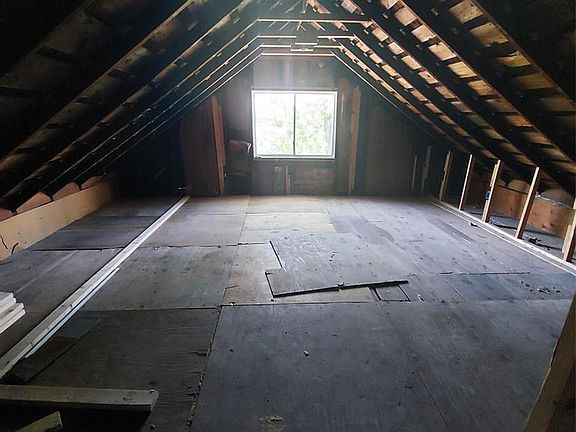
6 Benefits of Attic Cleanup and Decontamination
6 Benefits of Attic Cleanup and Decontamination When the colder months approach, you may be dealing with a rodent infestation that has taken over your
When attic insulation has begun to deteriorate, you know that only leads to one thing: trouble. A home with old insulation will let in warm air during the summer and cool air during the winter. Consistent air leaks can also lead to high energy bills or potential health risks.
It’s essential to know when your insulation has started deteriorating, so how often should you replace your attic insulation? Your existing insulation won’t perform the way it’s supposed to after much time has passed. After approximately 15 years, homeowners should consider having their homes inspected to determine if their attic insulation needs replacing.
In our blog, we’ll break down how long insulation lasts, discuss what can cause it to deteriorate, how to extend the lifespan of your insulation, and the benefits of replacing your attic insulation.
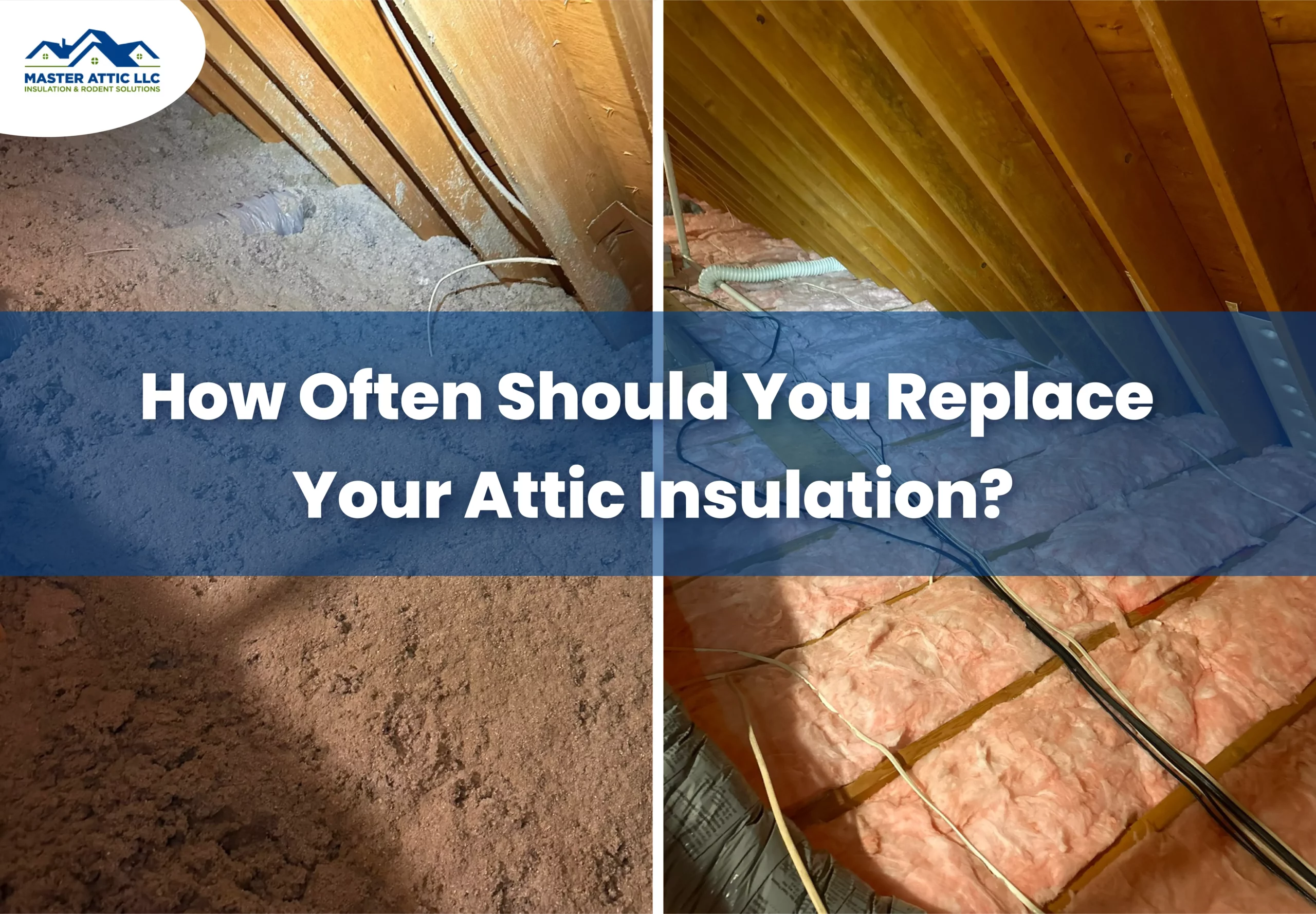
How long your insulation lasts depends on how well it’s maintained. According to the International Association of Certified Home Inspectors, various types of insulation, including cellulose and fiberglass in batt and blown-in types, can last approximately 100 years. While this may seem accurate, this lifespan only happens in perfect conditions.
Since homes rarely have the perfect conditions for keeping insulation in pristine condition, insulation often needs replacing before its maximum lifespan. Many professionals offer extended warranties for blown-in and batt insulation, but most insulation should last around 25 years if there are no unexpected concerns, such as flooding.
Insulation made of natural materials, such as wool and straw, can last several decades under standard conditions. Without proper home maintenance, attic insulation can degrade in 15 years. Even if you can keep your insulation damage-free for 50 years, it won’t be as effective as it should be, so many professionals recommend replacing your insulation after 15 years to maximize efficiency.
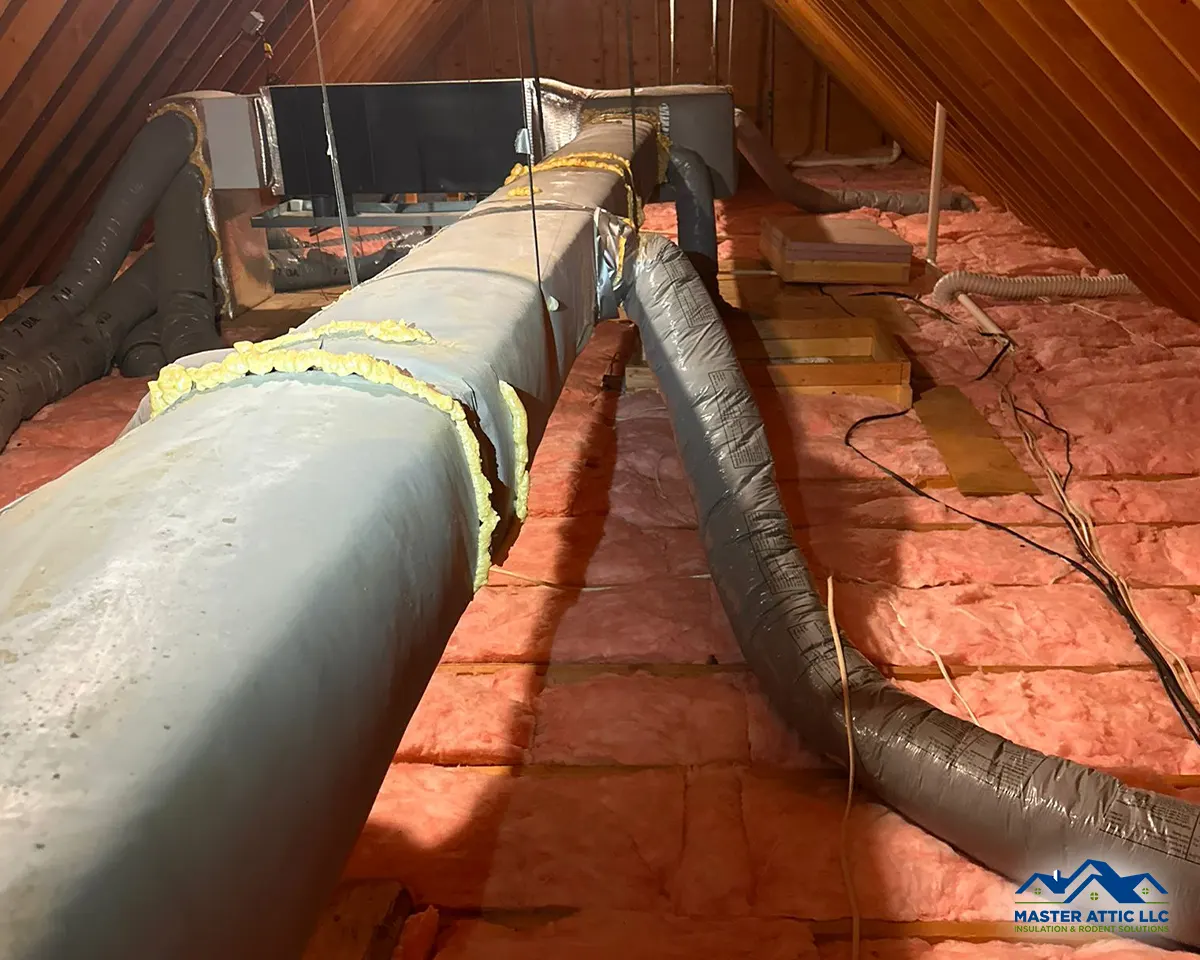
Various factors can affect the lifespan of your attic insulation. These factors can include
Extending the lifespan of your attic is possible through regular attic maintenance and is a proactive approach to keeping your home comfortable and energy-efficient. Here are some ways you can extend the lifespan of your attic insulation.
Address leaks – If you have any plumbing or roof leaks, you should address them immediately to prevent moisture loss. When insulation has water damage, it can lose its insulating effectiveness and lead to mold growth.
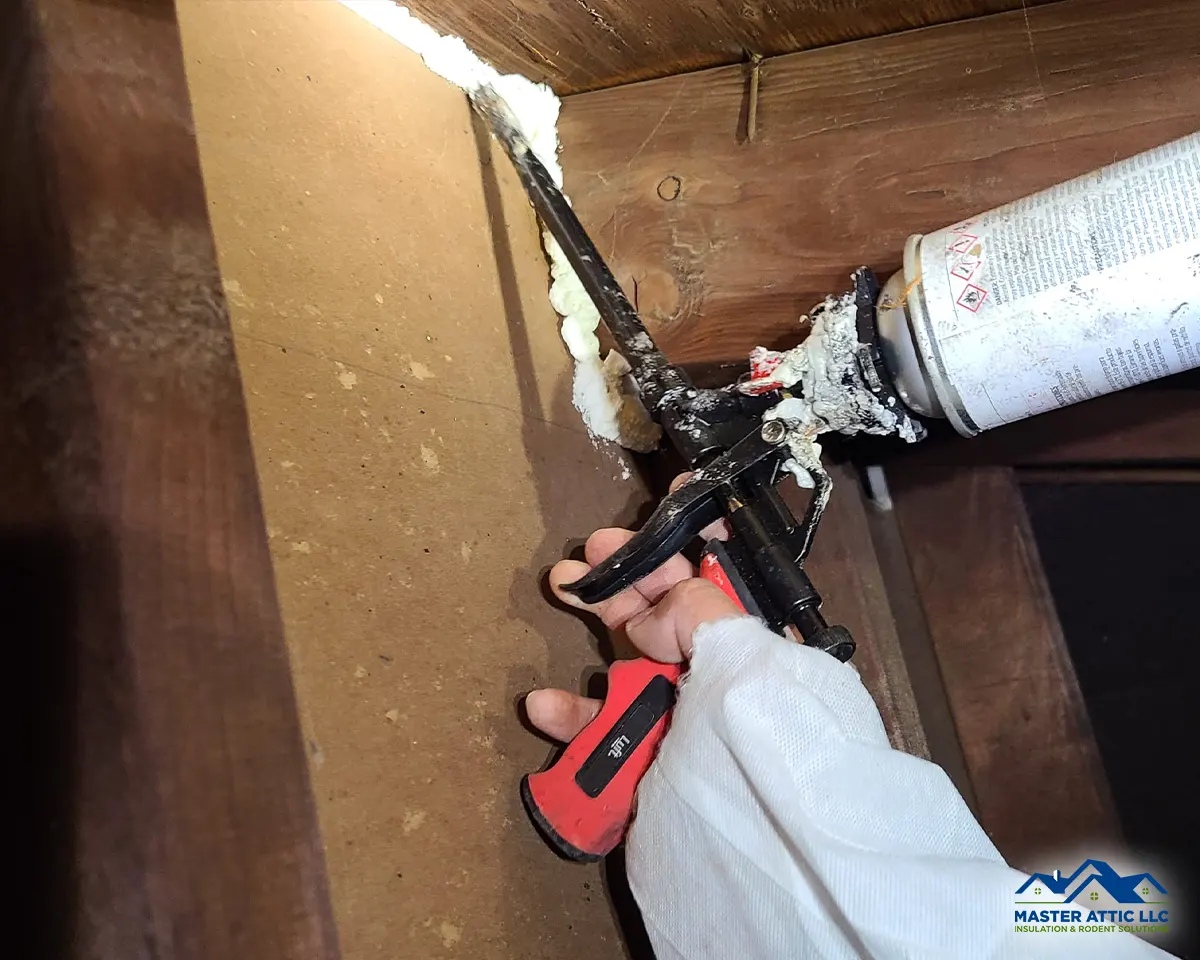
Rodent Proofing – Take rodent prevention measures to ensure your attic remains pest-free. Pests can damage attic insulation by chewing through it or creating nests.
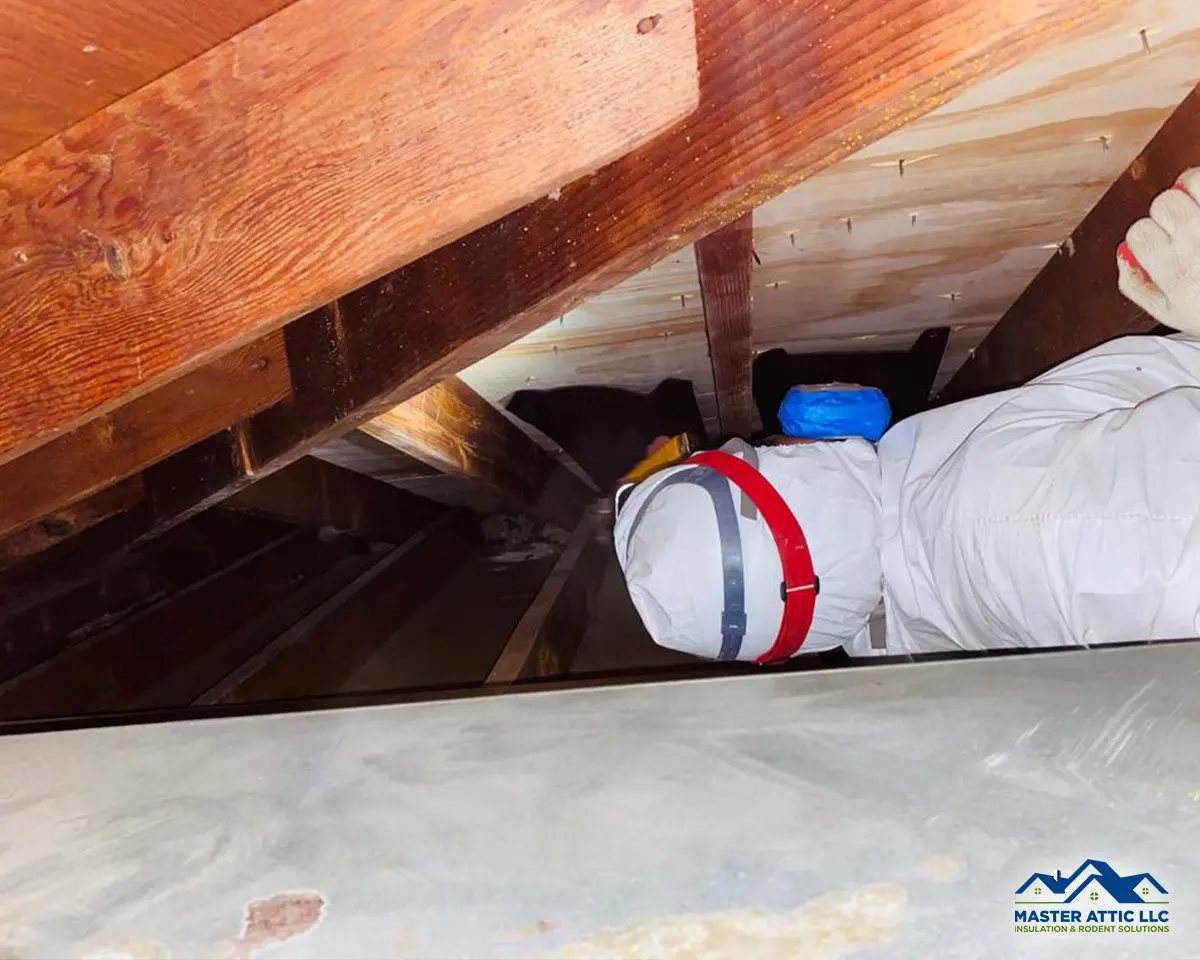
Ventilation – Ensure your attic has adequate ventilation to help regulate the temperature and humidity within your home. Proper ventilation can reduce the risk of moisture-related damage.
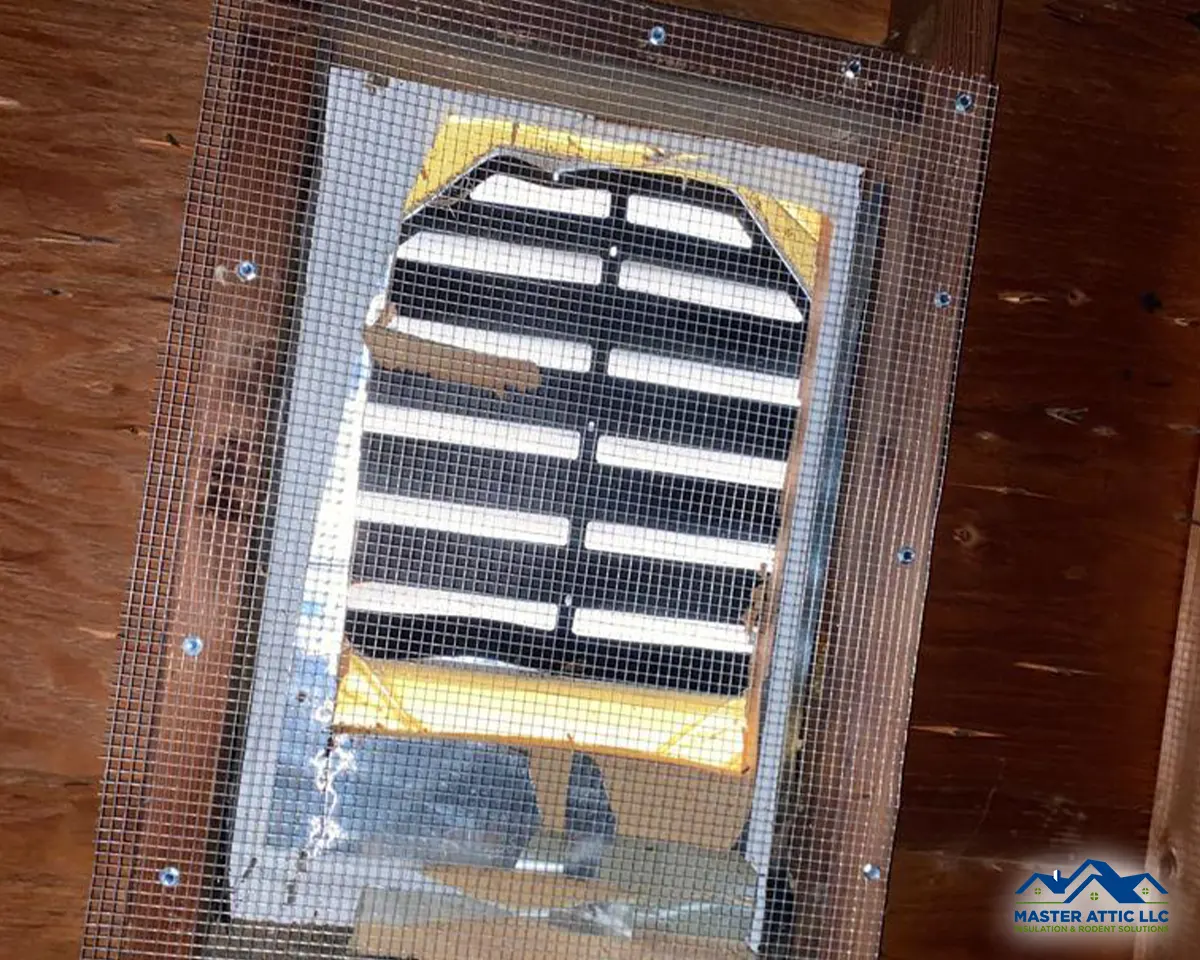
Routine inspections – Having routine inspections on your attic is a great way to know if your insulation is damaged or deteriorated. During inspections, look for signs of moisture or pest infestations. Catching these issues can prevent future damage.
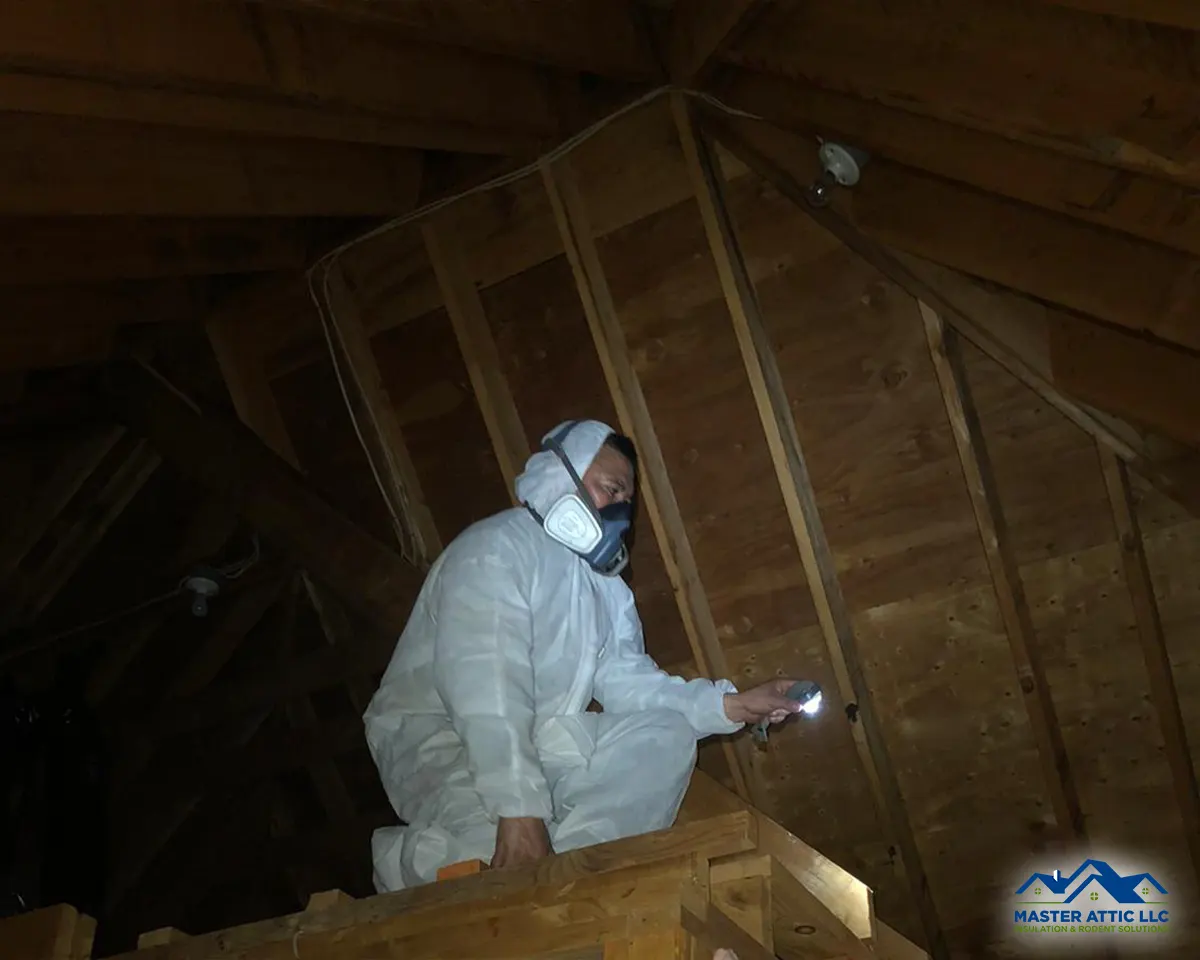
Consult professionals – Don’t hesitate to contact a professional for guidance on insulation maintenance. A professional can help you identify issues that may not be visible to the naked eye.
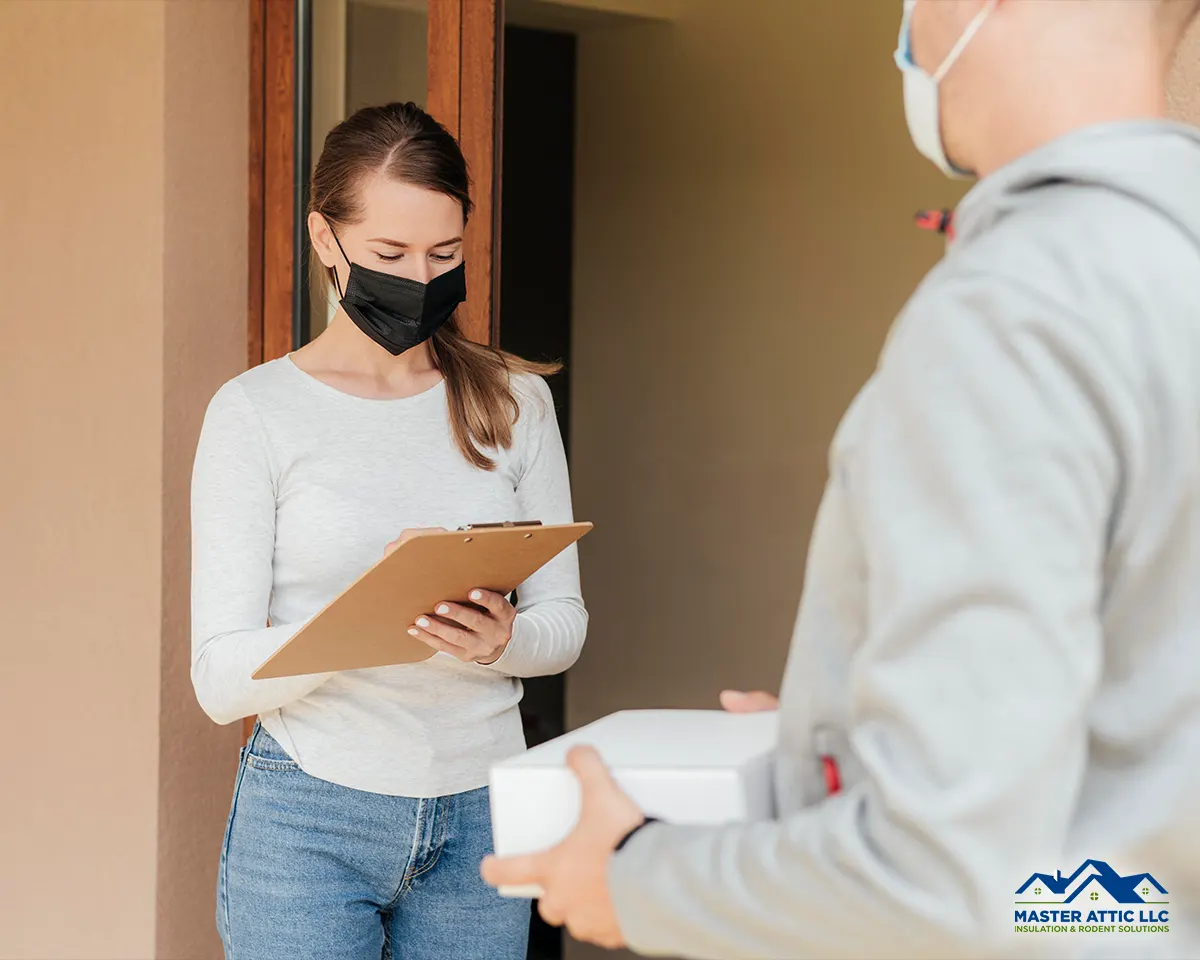
Having your insulation replaced when needed can provide your home with many benefits, along with helping keep money in your pockets. Here’s why staying ahead when it comes to having the best insulation is an excellent investment for your home.
One of the most essential benefits of replacing attic insulation on time is lower energy bills. As time passes, insulation can begin to lose effectiveness, leading to heat loss during the winter and heat gain during the summer. After upgrading your insulation, you can significantly reduce heating and cooling costs.
Replacing insulation on time can also lead to an improvement in indoor comfort. While indoors, you’ll have more consistent temperatures, fewer drafts, and a comfortable living environment all year!
When insulation is old and deteriorated, it can create mold, allergens, and dust, leading to poor air quality in your home. By replacing your attic insulation on time, you can help mitigate these issues to promote a healthier living space for you and your loved ones.
When insulation has deteriorated, moisture buildup may occur, potentially causing structural damage in your attic. By replacing your insulation when it’s due, you can help prevent the need for costly repairs in the future.
Attic insulation can last anywhere from 80 to 100 years, though it loses effectiveness in a shorter time. How often should you replace your attic insulation? Certified attic professionals recommend upgrading your insulation every 15 years to keep your home energy-efficient.
Installing and maintaining attic insulation is an excellent way to ensure your home remains comfortable.
At Master Attic, our experienced professionals can conduct comprehensive assessments, provide expert insulation installation, and perform a final inspection to ensure the job is done right. Contact us today if you need to replace your attic insulation.
According to the International Association of Certified Home Inspectors, various types of insulation, including cellulose and fiberglass in batt and blown-in types, can last for quiet a few years. However, they’ll more than likely need replacing within 20-25 years.
Facts such as humidity levels, rodent exposure, quality of installation, and your local climate can affect the lifespan of your insulation.
To extend the lifespan of your attic insulation, you can address leaks, rodent-proof your attic, have adequate ventilation, perform routine inspections, and consult a professional.
The benefits of replacing attic insulation are lower energy bills, improved comfort, enhanced air quality, and lower risk of structural damage.
Certified attic professionals recommend inspecting your insulation every 15 years to keep your home energy-efficient.

6 Benefits of Attic Cleanup and Decontamination When the colder months approach, you may be dealing with a rodent infestation that has taken over your
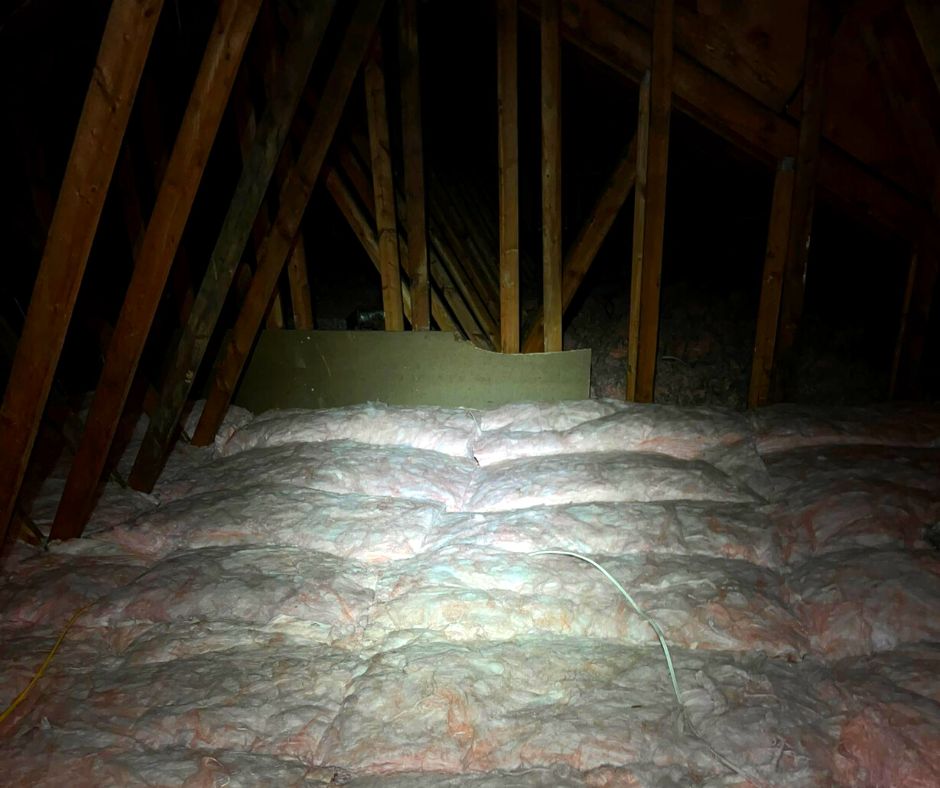
Can Attic Insulation Help With Your Home’s AC Efficiency? As the summer approaches and AC kicks into gear, your unit will use more energy to
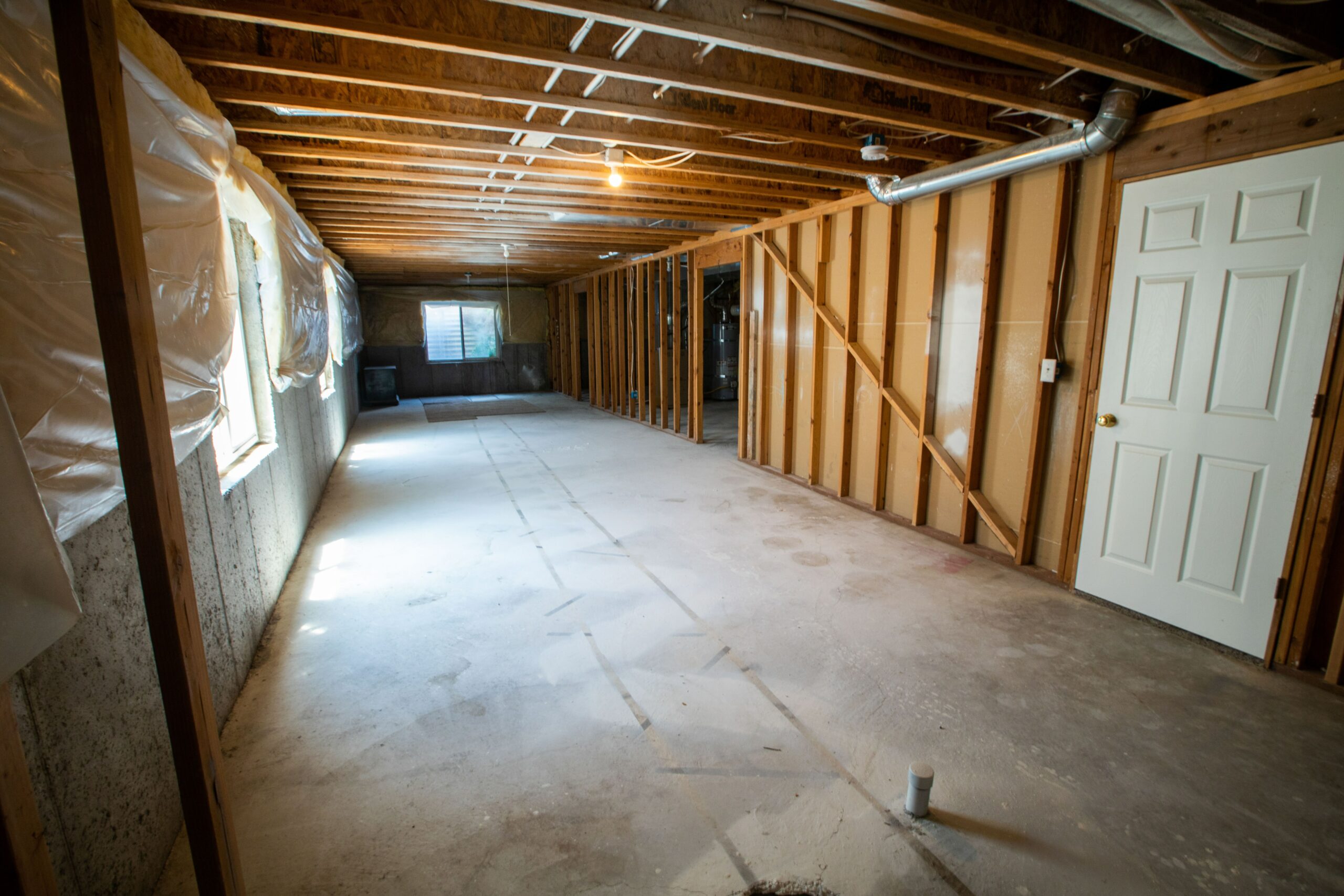
7 SIGNS YOU NEED TO HAVE YOUR CRAWL SPACE CLEANED Most homeowners don’t spend a lot of time inspecting the underside of their homes. But
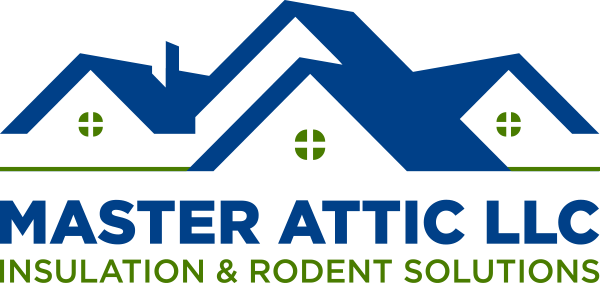
We strive endlessly to provide a service like no other; quality, safety and comfort is our #1 priority for your family.
Fully Licensed and Insured
NJ # 13VH09509100
PA # 147980
Look out for a confirmation email!
A Master Attic Pro Will Reach Out To You Shortly
